 Is Bookkeeping the same as Accounting?
Is Bookkeeping the same as Accounting?
So you’ve decided to hire someone to help with your business’s finances, but you’re not sure if an accountant or a bookkeeper is the best fit for your needs. So you ask yourself, is Bookkeeping the same as Accounting?
Luckily, we’ve broken down the difference below so you can make an informed decision about which one is right for your company.
Bookkeeping is the process of maintaining the records of all your business’s purchases and sales—and no, it’s not just something people did in the 17th century with quill pens and wax stamps. It helps you understand where you have been financially so that you can make smarter decisions about where to go next. The two processes are related, but they’re not interchangeable.
An accountant can be considered a bookkeeper, but a bookkeeper can’t be an accountant without proper certification.
This is because a bookkeeper’s duties and skills are limited to keeping records of financial transactions, whereas an accountant’s duties and skills go far beyond that. An accountant is responsible for keeping track of day-to-day financial records and for advising business owners about the best practices for maximizing profit. Accountants also provide auditing services to ensure that businesses are following established guidelines and complying with regulations. Accountants often work at large accounting firms, while bookkeepers typically work within small businesses or on their own.
If you’re having trouble figuring out whether you need to hire a financial professional, answer the following questions:
- What’s your business’s current position financially?
- Where do you want your business to be in five years? Ten years?
- Can you achieve these goals on your own?
What do Bookkeepers do?
Bookkeeping refers to the process of recording all of a business’s financial transactions. The term originally referred to manual bookkeeping, but as technology has advanced, bookkeepers are now more likely to use software to keep records of their daily financial transactions.
Bookkeepers enter every transaction into their ledger, which is a record of all financial activity. It typically consists of two columns: debit and credit. Each transaction is recorded in both columns; assets are recorded on the debit side and liabilities on the credit side. Assets include anything owned by the business, while liabilities include any debts or expenses that must be paid.
Bookkeepers record all financial transactions in the same way and use a standardized system for doing so—this ensures consistency and ease of reading between entries. Typically, they follow the double-entry system: Debits must equal credits at all times, which helps catch errors. All entries must be complete and accurate since they later serve as documentation for accountants’ work when preparing taxes or other reports related to finances
What does a bookkeeper actually do?
- Recording financial transactions
- Producing invoices
- Posting debits and credits
- Maintaining and balancing ledgers, accounts, and subsidiaries
- Managing payroll
Bookkeepers are in the business of information—they need to be able to find it quickly and easily so they can spend their time keeping things straight.
That’s where a general ledger comes in. It’s a document that records the amounts from sales and expense receipts, and it can vary in complexity from a sheet of paper to specialized bookkeeping software, such as QuickBooks, NetSuite, or Xero.
A general ledger is basically a record of all the things that bring money into your business, as well as all the things that money gets spent on. It’s used by accountants to create financial statements for your business.
Tracking your sales and expenses over time will help you see when you’re making more than you’re spending, or if there are areas in your business that aren’t working out how you’d like them to.
Every single transaction your business conducts must be recorded in the ledger, and some of those transactions will require supporting documentation. For example, if you hire someone to perform services for your company, they’ll want a record of payment so they can report it on their income taxes. If you buy something from another company, they will probably want some kind of proof that you paid them so that they can account for the income properly. You can find more information about which transactions require supporting documents on the IRS website.
It’s true—anyone can become a bookkeeper! You don’t need any special training or education to get started, but you should be very knowledgeable about financial topics and accounting terms. Good bookkeepers strive for accuracy, and an accountant or owner usually oversees the work of anyone who wants to be a bookkeeper.
 Bookkeeper Credentials
Bookkeeper Credentials
As a bookkeeper, you don’t need to be certified or licensed in order to manage the books for your customers or employer. However, if you want to become a Certified Public Bookkeeper (CPB), there are organizations that can help you do just that. The American Institute of Professional Bookkeepers (AIPB) and the National Association of Certified Public Bookkeepers (NACPB) both offer accreditation and licensing for bookkeepers.
AIPB certification requires bookkeepers to have at least two years of full-time work experience and pass a national exam. To maintain the credential, bookkeepers are required to engage in continuing education—meaning your bookkeeper stays up to date on important changes in tax law and industry standards that may affect your business.
Certification from the NACPB requires passing tests for small business accounting, small business financial management, bookkeeping, and payroll. Beyond these certifications, the organization also offers a payroll certification which requires additional education.
Becoming a certified public bookkeeper (CPB) is a multi-step process. A CPB has to have at least 2,000 hours of work experience and can take an exam to earn the designation. They must also sign a code of conduct that says they will uphold the standards of their field and its professional ethics.
Advantages of having a Bookkeeper
Working with a professional bookkeeper can help you feel confident that your business’s financial records are in good hands. Consider these advantages:
-Cost and time savings: Bookkeepers have the skills, tools, and experience to provide accurate and quick records management. Their time is also typically billed at a lower rate than an accountant or lawyer.
-Improved cash flow: Your bookkeeper will be able to help you more effectively manage your invoices, making it easier for you to get paid on time. They can also help you spot errors and make sure there aren’t any unnecessary deductions from payments made to your business.
-Decreased tax burden: A bookkeeper will ensure that you’re taking advantage of all available deductions at tax time, which means you’ll pay less in taxes overall.
What do Accountants do?
An accountant analyzes the financial data a bookkeeper records and provides business owners with important business insights and financial advice based on that information. These are some typical accountancy tasks:
- Verifying and analyzing data
- Adjusting entries
- Providing information for forecasts, business trends and opportunities for growth
- Generating reports, performing audits, and preparing financial reporting records like tax returns, income statements and balance sheets.
- Helping the business owner understand the impact of financial decisions
Accounting is a lot like cooking. No, really!
When you’re making dinner for your family, you don’t just grab all the ingredients and throw them into a pot. You have to make sure you’re using the right amount of each ingredient, in the right order, with the right heat—otherwise, your dinner may be a disaster.
With accounting, it’s similar. You have to combine the right numbers at the right time, with the right methods of measurement and calculation—otherwise, your reports will be completely useless. The accounting process produces reports that bring key aspects of your business’s finances together to give you a complete picture of where your finances stand, what they mean, what you can and should do about them, and where you can expect to take your business in the near future.
Accountant Credentials
Accountants need a number of qualifications to do their jobs well.
First, they have to have experience. This helps them be better at their jobs and keeps them from making mistakes.
Accountants also need a license and certification. You can get both by going to school for accounting and doing an internship. This is called getting a bachelor’s degree and it takes 4 years.
There are certifications that accountants can obtain to expand their skill sets and gain positions within organizations. In addition to CPA credentials, other common accounting designations are chartered financial analyst (CFA) and certified internal auditor (CIA).
CPA credentials
The CPA credential is the gold standard for accountants. To earn this designation, an accountant must meet their state’s requirements and pass the Uniform CPA Exam. Then, they must meet ongoing education requirements to maintain their accreditation.
When you’re interviewing for a CPA, look for an accountant who understands tax law and accounting software and has good communication skills. They should understand your industry and the unique needs and requirements of small businesses.
CFA credentials
The CFA certification is one of the most respected designations in accounting, so hiring a CFA means bringing highly advanced accounting knowledge to your business.
Awarded by the CFA Institute, accountants who earn the CFA certification learn about portfolio management, ethical financial practices, investment analysis, and global markets. To complete the program, accountants must have four years of relevant work experience. CFAs must also pass a challenging three-part exam that had a pass rate of only 39% in September 2021.
CIA credentials
A Certified Internal Auditor (CIA) is a great choice if you need an accountant with a focus on risk and monitoring.
Certified Internal Auditors (CIAs) are accountants who have been certified in conducting internal audits. To receive this certification, an accountant must pass the required exams and have two years of professional experience. CPAs can perform some of the same services as CIA’s. However, you might hire a CIA if you want a more specialized focus on financial risk assessment and security monitoring processes.
 When should you hire a Bookkeeper or an Accountant?
When should you hire a Bookkeeper or an Accountant?
Hiring an accountant or bookkeeper is not always a straightforward decision. It can depend on the size and complexity of your business, what you’re willing to spend, your comfort level with accounting software and math in general, and how much time you want to spend on record-keeping.
Many small businesses hire an accountant as a consultant and do their own books with software their accountant recommends. But other small business owners choose to hire a bookkeeper or employ a small accounting department with data entry clerks reporting to the bookkeeper.
As a business owner, it’s important to have a good bookkeeper. A bookkeeper’s job is to keep the financial records of your business up-to-date and ensure that you are following the tax laws of your state and country. Your bookkeeper should be familiar with these laws so that your books remain accurate.
He or she also prepares documents for your accountant to review. It may take some background research to find a suitable bookkeeper because, unlike accountants, they are not required to hold a professional certification. A strong endorsement from a trusted colleague or years of experience is important factors when hiring a bookkeeper.
Are you still on the fence about hiring a bookkeeper to help you with your business bookkeeping? Here are three instances that indicate it’s time to hire a bookkeeper:
- You’re growing! And that’s great—but it means you need help.
If you’re feeling like your business is expanding, but the size of your finance department isn’t keeping up, it’s time to get serious about hiring a professional to help you manage your books. It can be daunting, but it’s absolutely worth it when you find the right person for the job.
- You’re spending way too much time on finances—and not enough on the rest of your business.
If you can’t remember the last time you actually paid someone for their services because you were so busy with your financials, it’s probably time to hire someone. Financial professionals can free up a ton of time so that you can focus on other important aspects of your business, and they’ll help ensure that everything is done correctly and efficiently.
- Your books are just not being taken care of.
If there are months where nothing gets entered into your accounting software, if all of your receipts are stacked up in a drawer somewhere (instead of in an organized folder), or if you’ve missed paying bills, it’s definitely time to hire someone who will be able to do better than that.
If you encounter any if not all of the instances listed above, then you need a bookkeeper ASAP! Try sending us a message to see if we are the right fit for the needs of your business. Our bookkeepers are equipped with years of experience and expertise in the business and the dedication to help your business succeed by making sure that not even a single cent is out of place in your books!
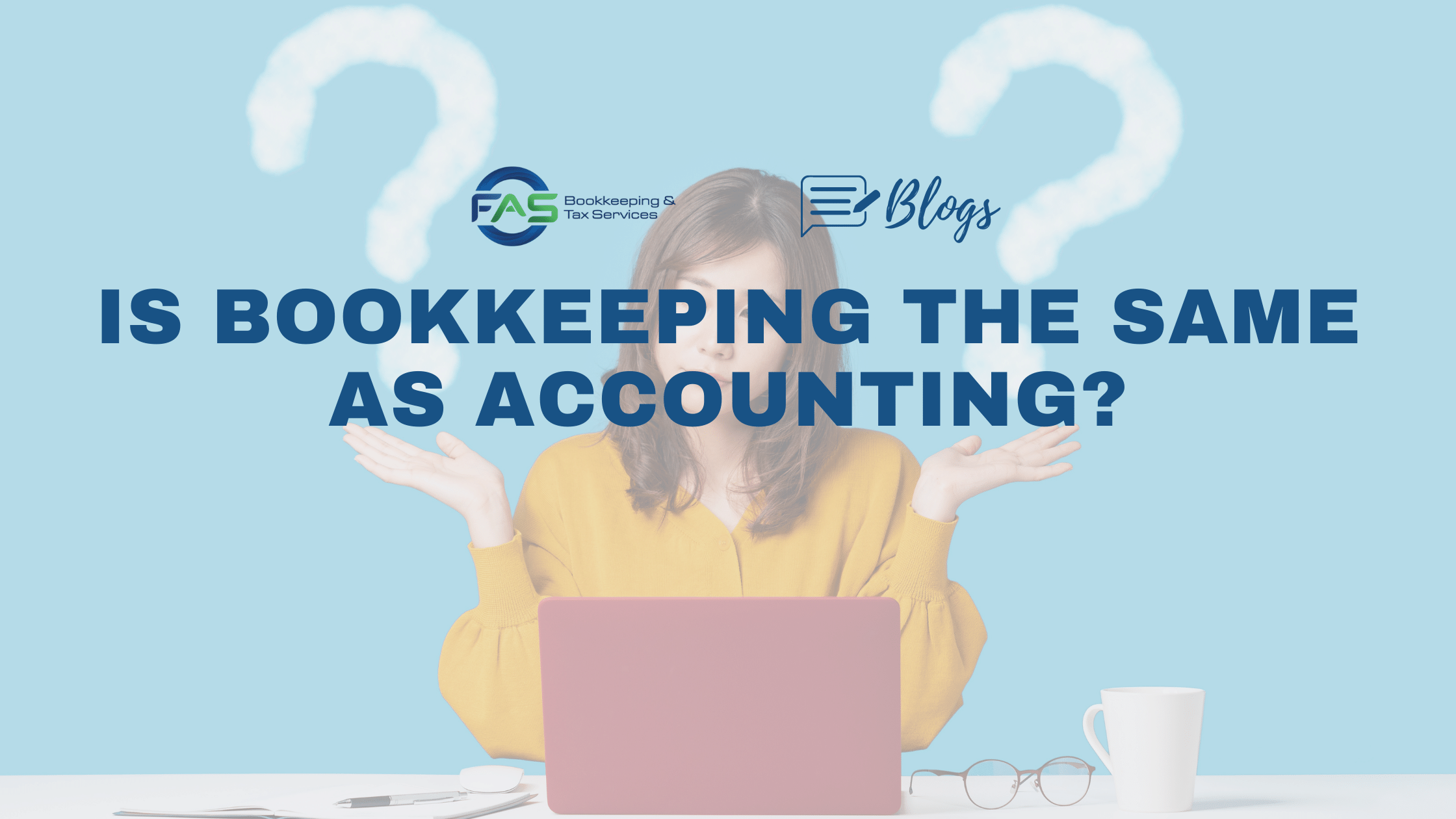

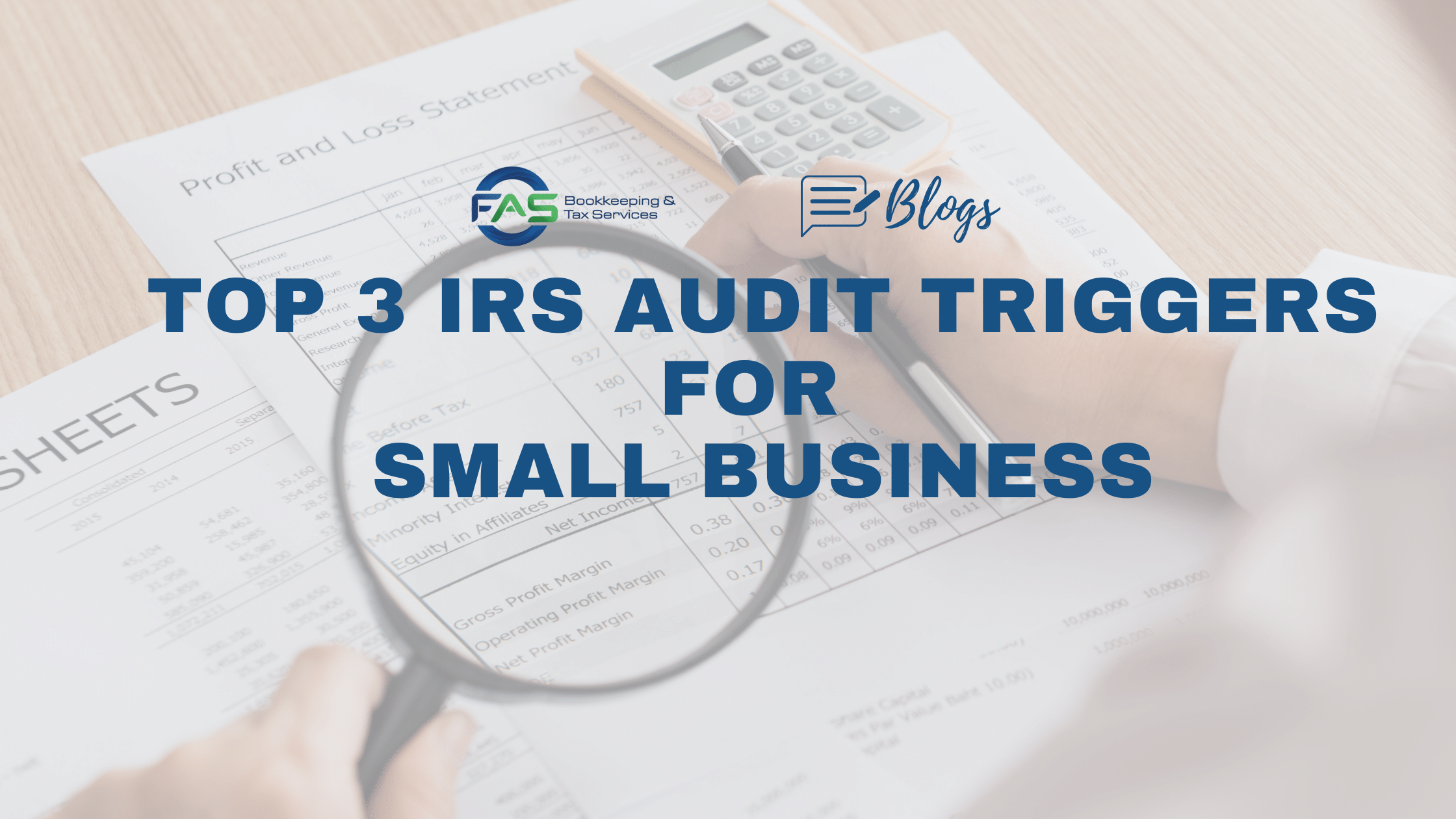

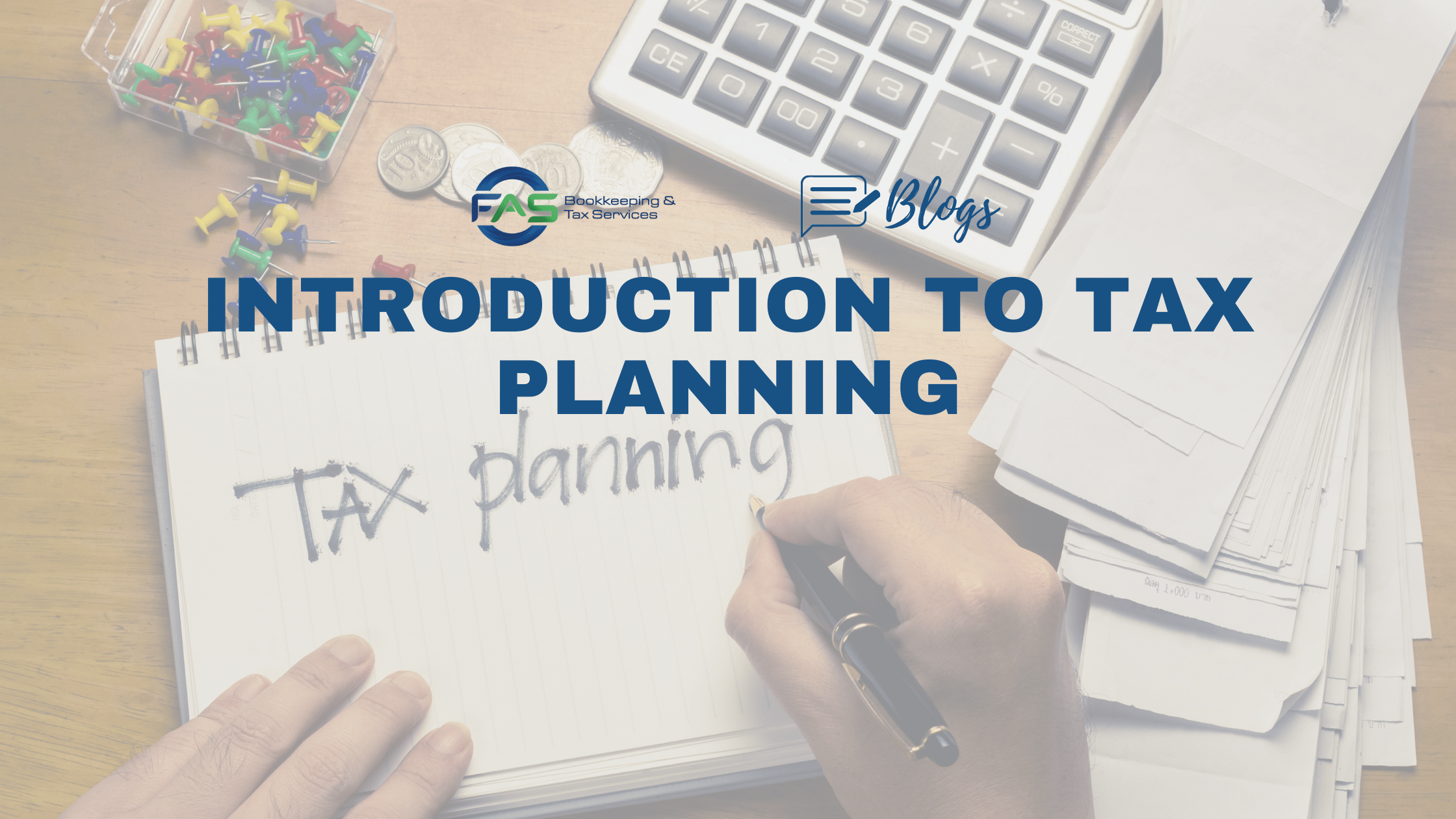
 Introduction to Tax Planning: The Basics
Introduction to Tax Planning: The Basics about minimizing your tax burden. It’s also about maximizing your returns by taking inflation into account, as well as taxes, expenses, and so on.
about minimizing your tax burden. It’s also about maximizing your returns by taking inflation into account, as well as taxes, expenses, and so on.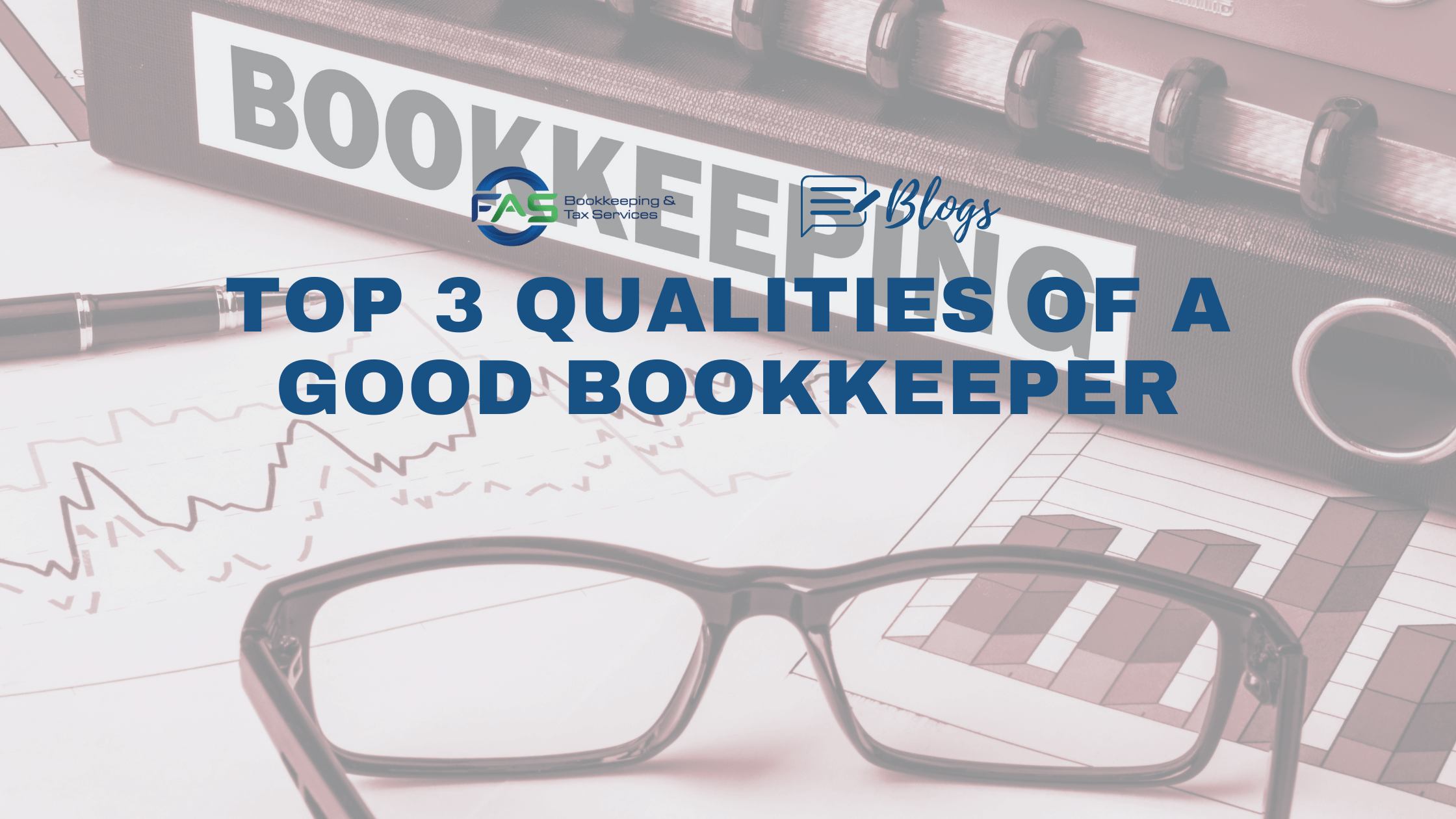



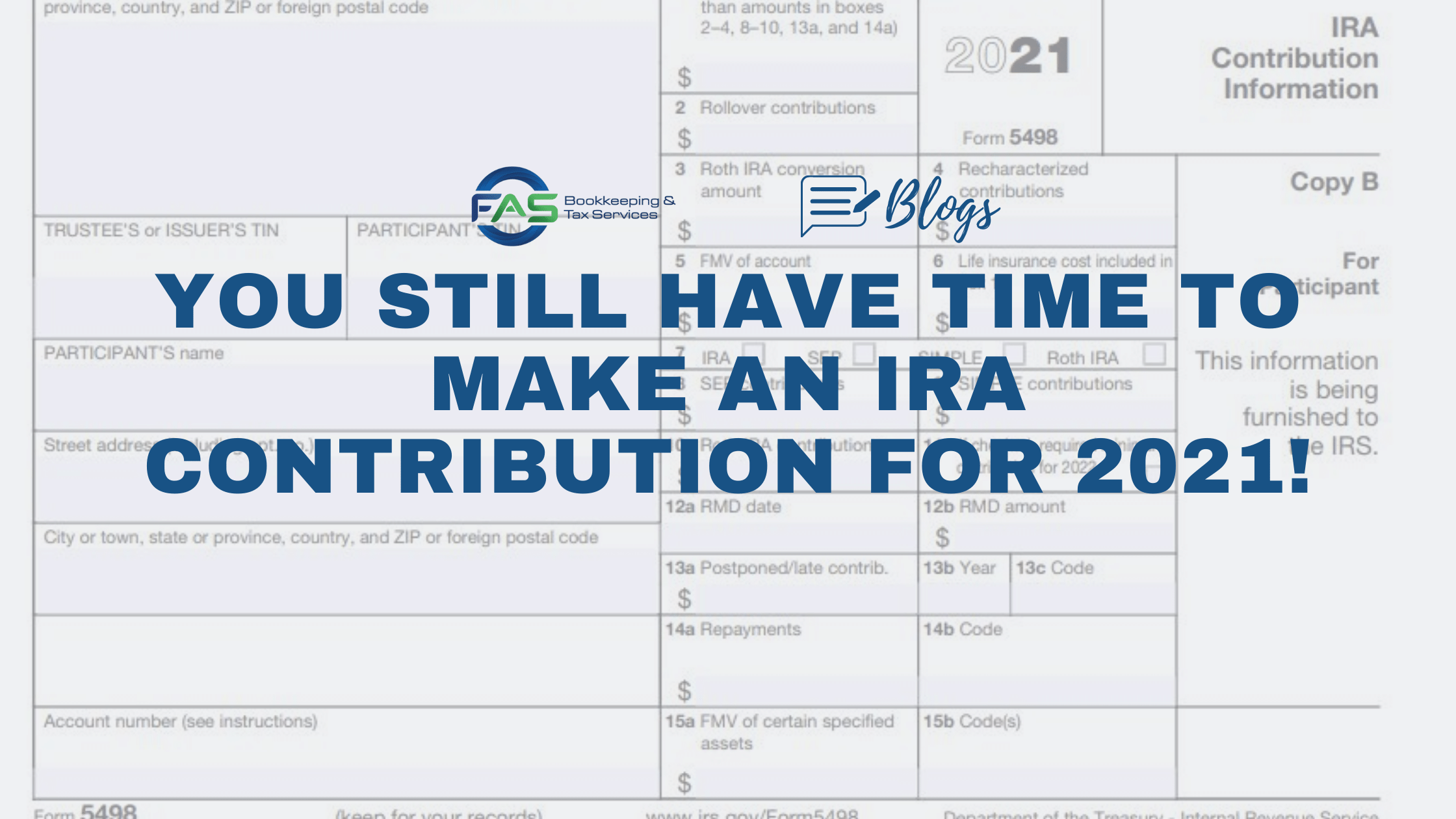
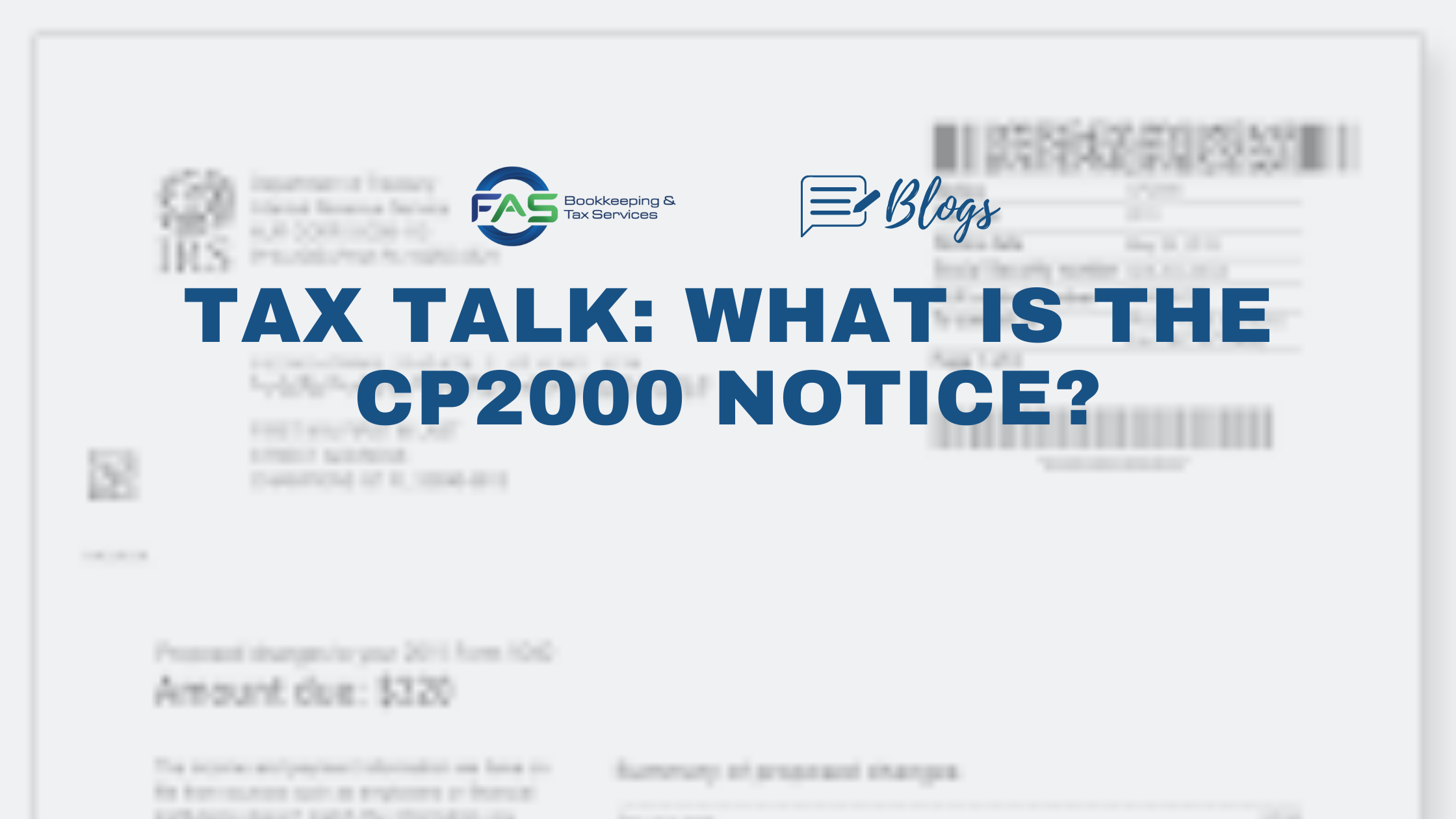


 There’s a saying that goes ‘ a loss is a gain you didn’t realize you had’. Losses on crypto can be used to offset your capital gains. You can write off your crypto losses against your capital gains, so you pay less federal income tax when you file your taxes this year. However, your capital gains tax still depends on how long you’ve held your crypto asset.
There’s a saying that goes ‘ a loss is a gain you didn’t realize you had’. Losses on crypto can be used to offset your capital gains. You can write off your crypto losses against your capital gains, so you pay less federal income tax when you file your taxes this year. However, your capital gains tax still depends on how long you’ve held your crypto asset.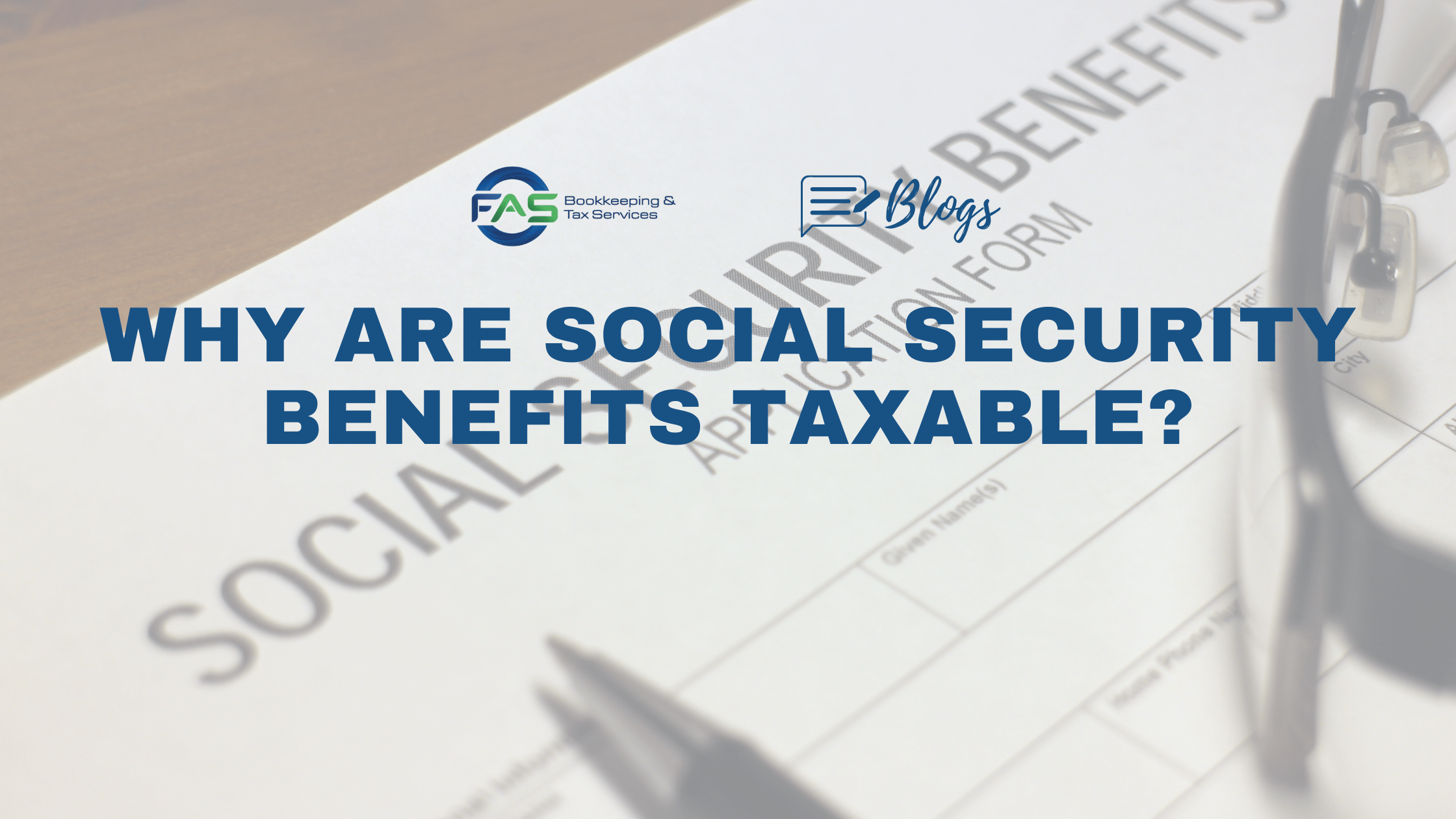

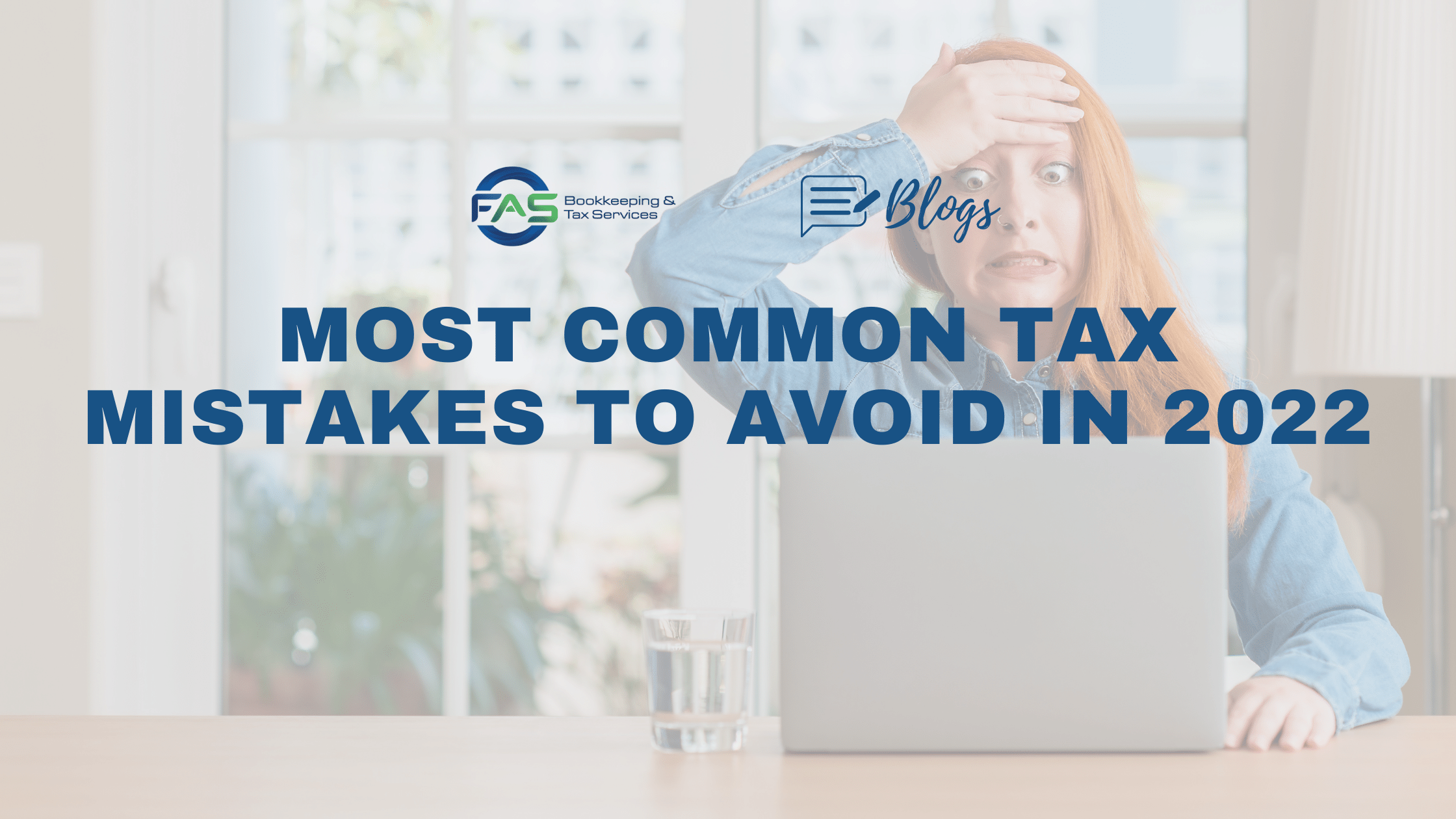


 The IRS wants you to list Social Security numbers exactly as printed on the card. If you claim someone as a dependent, you must enter his or her Social Security number. If the dependent or spouse doesn’t have an SSN, enter the Individual Tax Identification Number (ITIN). The same principle applies to names listed on a tax return; they should match the name on the Social Security card.
The IRS wants you to list Social Security numbers exactly as printed on the card. If you claim someone as a dependent, you must enter his or her Social Security number. If the dependent or spouse doesn’t have an SSN, enter the Individual Tax Identification Number (ITIN). The same principle applies to names listed on a tax return; they should match the name on the Social Security card.


 If you’re planning to file your return electronically, be sure to make a copy of your signed return and all schedules for your records.
If you’re planning to file your return electronically, be sure to make a copy of your signed return and all schedules for your records.